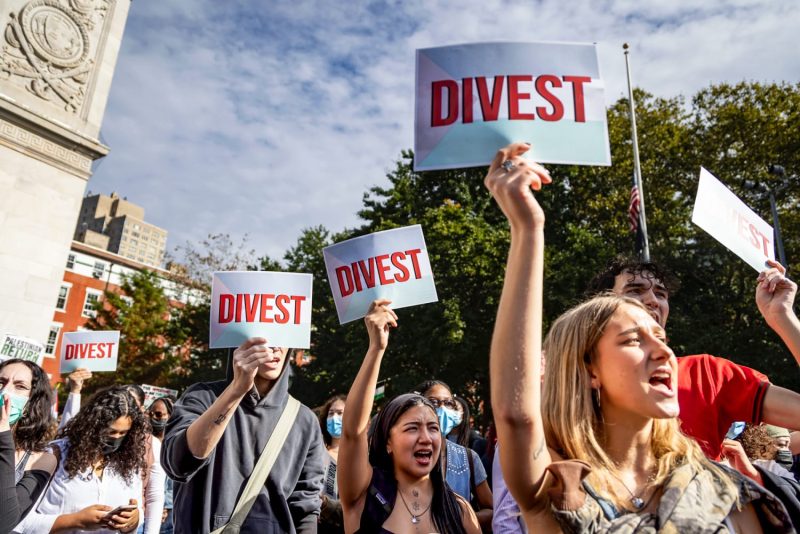College Protesters Want Their Schools to Divest from Ties to Israel – Here’s What That Means
In recent years, college campuses across the United States have become hotbeds of activism, with students protesting a wide range of issues. One of the most contentious issues on college campuses today is the Israeli-Palestinian conflict and whether universities should divest from companies doing business with Israel. This has led to a growing movement among students to pressure their schools to cut ties with Israel.
What does it mean to divest from ties to Israel, and why are college students pushing for this action? Divestment is a tactic that aims to put economic pressure on a country or company to force change in their policies or actions. In the case of Israel, proponents of divestment argue that the Israeli government’s treatment of Palestinians violates human rights and international law, and that by continuing to invest in companies that support Israel, universities are complicit in these violations.
The movement to divest from Israel is part of a larger campaign known as BDS, which stands for Boycott, Divestment, and Sanctions. BDS calls for a boycott of Israeli goods and services, divestment from companies that do business with Israel, and sanctions against the Israeli government until it complies with international law and respects Palestinian rights. The goal of BDS is to apply economic pressure on Israel to end its occupation of Palestinian territories, provide equal rights to Palestinian citizens of Israel, and allow Palestinian refugees to return to their homes.
Many college protesters believe that divesting from Israel is a moral imperative and a way for universities to take a stand against oppression and injustice. They argue that by divesting from companies with ties to Israel, universities are aligning with principles of social justice and human rights.
However, the issue of divestment from Israel is highly controversial and has sparked fierce debate on college campuses. Critics of the divestment movement argue that it unfairly singles out Israel for condemnation and undermines the country’s right to exist and defend itself against security threats. They also point out that BDS has been criticized for its alleged anti-Semitic undertones and for creating a hostile environment for Jewish students on campus.
In response to the growing calls for divestment, many universities have faced pressure from both supporters and opponents of the movement. Some colleges and universities have chosen to divest from companies with ties to Israel, while others have rejected calls for divestment, citing concerns about academic freedom, the need for open dialogue on complex issues, and the importance of maintaining neutral positions on political conflicts.
Ultimately, the issue of divestment from Israel highlights the complex intersection of politics, human rights, and academic freedom on college campuses. As the debate continues to unfold, it is clear that the movement to divest from ties to Israel is not only a call for economic justice, but also a reflection of the deep-seated activism and social consciousness of today’s college students.
